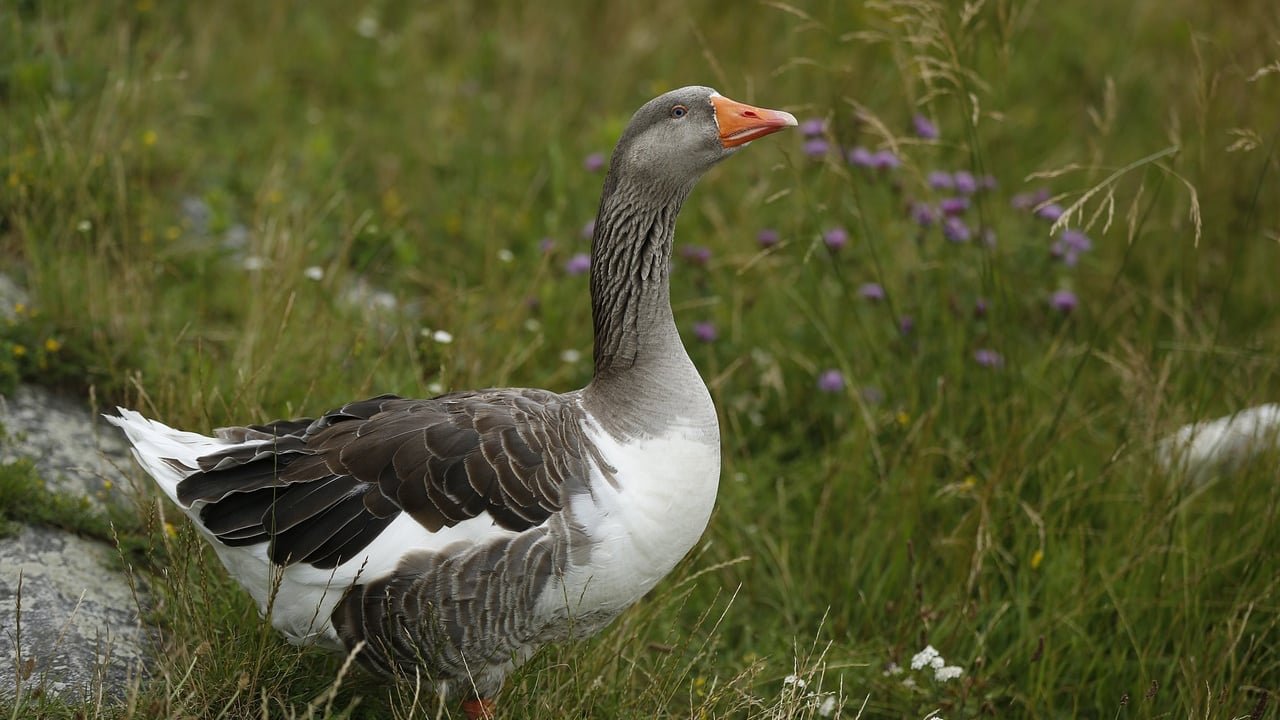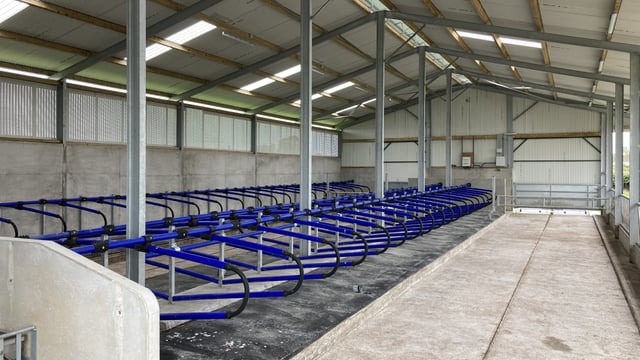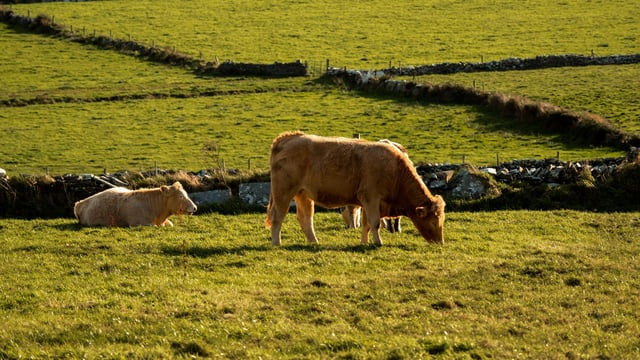What is the advice for flock owners on avoiding bird flu?
With biosecurity essential to prevent bird flu from entering flocks, Teagasc has put together a checklist to aid in keeping birds and livelihoods protected.
Since early December, there have been five detections of bird flu infection in Ireland. Cases were confirmed in counties Galway and Dublin in December, and in Donegal, Westmeath and Wexford during January.
There have also been a number of confirmed cases of bird flu detected in wild birds across Northern Ireland.
All poultry flocks and captive birds are currently required to be housed to protect them from the risk of the disease, with only essential visitors permitted site access.
Teagasc recommends that a visitor log book be maintained accurately on the farm, that all visitors are shown the biosecurity plan, and that disposable PPE gear is made available for all visitors.
It is also advised that farms avoid sharing staff between sites, that step-over barriers are in place and used correctly. House specific clothing should also be made available for all staff and regular biosecurity training should be provided.
With birds housed all of the time, it is essential to ensure that building maintenance is up-to-scratch to avoid any possible entry for unwanted visitors. The Teagasc checklist for building maintenance includes the following questions:
- Is your roof structurally sound?;
- Is the house free from water ingress?;
- Is the house well ventilated?;
- Is the site clear of vegetation and debris?;
- Is the site free of pooled water?
The building should also be inspected for holes or cracks to ensure effective rodent control to avoid bird flu, and feed spillages should be cleared up immediately.
The following questions should also be asked about bedding:
- Is additional bedding in a covered store?;
- Have bales been disinfected before being brought into the house?;
- Have all vehicles or equipment been disinfected before entering the house?
Members of the public have been advised by the Department of Agriculture, Food and the Marine (DAFM) not to handle sick or dead wild birds and to report any episodes of sick or dead wild birds to their Regional Veterinary Office.
Teagasc also recommends that site owners ask themselves the following questions to prevent access or contact with flocks:
- Is the site gates and doors locked at all times? Is the foot-dip changed frequently?;
- Is the correct disinfectant used, and at the correct dilution rate?;
- Are foot-dips covered from rain?
For vehicles which must come on-site, drivers should be made aware of the biosecurity measures before coming on-site and a log should be maintained for all vehicles, according to Teagasc.





